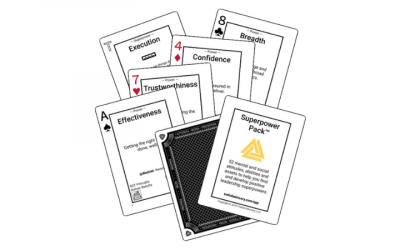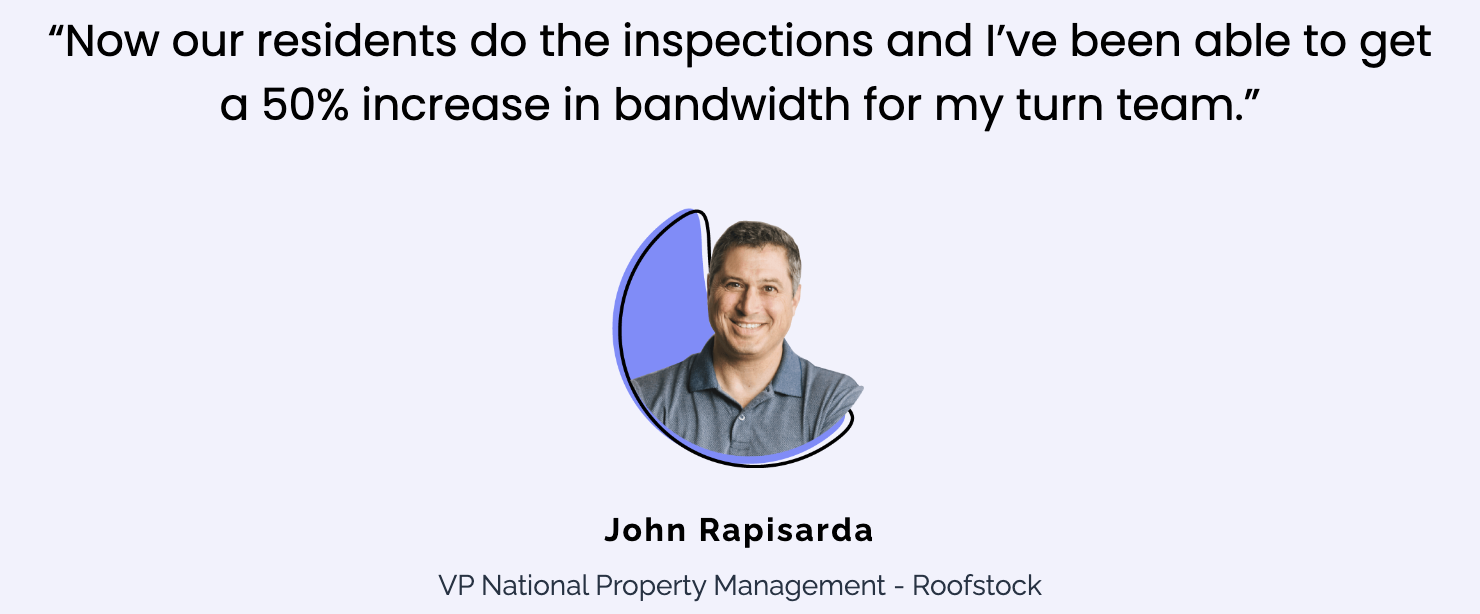It’s easy to chalk achievements up to good fortune and to underestimate the value of investing in achievement each and every moment. We tell ourselves, that the teacher worth millions of dollars is simply blessed. How could a teacher make millions? The answer is that she played the long game.
The long game is not especially notable and it doesn’t draw attention. It is dull. It changes the way you run your own personal and business affairs.
There’s an old expression: If you do exactly what everybody else is doing, then you should not be surprised to receive exactly the very same results everybody is getting. At Latchel, we’ve made this ethos a part of our leadership principles and company culture. Essentially, the long game means telling yourself: You can’t get better by staying the same.
Luck and Intention
Ignoring the impact of luck on results – the proverbial lottery ticket – doing exactly what everybody else is doing pretty much ensures that you are likely to be ordinary. Not average on the planet, but ordinary to individuals in similar conditions. There are a whole lot of ways to not be ordinary and among these is the tradeoff between the very long game and the short game.
What begins small compounds into some thing more. The long game takes advantage of that. Let’s call it compounded success. The more you play with the short game, the harder it becomes to shift. You don’t compound on the small successes, instead you go for a one-time success and move on.
What You Get Playing the Short Game?
The short game is putting anything off that appears difficult to do something which appears simple or enjoyable. The short game provides immediate and visible advantages:
-
Why spend an extra hour wrapping up work when it is already 5pm?
-
Why go to the gym when you can go drinking with friends?
-
Why break your butt to dig into all the data before the company meeting when you are able to read the executive summary and spout some high level suggestions that lack real substance?
The impacts of this behavior multiply the longer you play it out. On any particular day, the effect is modest but as days become years and months the outcome is huge. Individuals who play the short game do not recognize the price until they become too big to ignore.
Reading a book will not make you intelligent. Going to sleep on time tonight will not make you fitter tomorrow. Sure we may try out these things when we are motivated but because the results aren’t instant we revert back into the short game. Maybe we should call it the comfort game. The mode we choose when we just want what is comfortable. Not the harder thing that we know is better in the long run.
As the weeks turn to months and the months to years, the short game boils up into catastrophic outcomes. It is not the “just this once” that we thought it would be. We’ve let doing the easy thing buildup into a disaster situation.
Even entrepreneurs play the short game. Their business doesn’t last. Instead of doing the hard work to train and empower their team, they run the whole company on their own shoulders. When the moment comes when they break, the entire company comes tumbling down.
Playing To Get Ahead
The long game is the contrary of the short game in every way. It means paying the price now to make tomorrow simpler. If we could do so long enough to observe the outcomes, it feeds on itself. It is what we call compounded success. I do a little bit today to make tomorrow easier. That adds up everyday.
From the exterior, playing this game seems fairly dull:
-
Saving money and investing it for tomorrow
-
Investing time in your relationship now so you have help when you need it
-
Doing the deep work before doing anything else
-
Going to the gym instead of watching Netflix
-
Choosing the salad instead of the fish and chips
Playing the long game is a small change in our day to day, one which seems insignificant right now, but one which becomes the gap between monetary liberty and trying hard to make next month’s payroll. It works in our personal lives and it works in our professional lives.
The long game has its social challenges of course. Friends and family asking for more of your time without spending that time intentionally. It is hard to make time with friends and family intentional and memorable. Too often we allow routine to impede quality.
The very first step on this path is the toughest. You need to be ready to suffer now so as to not suffer tomorrow.
In whatever you do, you are either playing for the short term or long term. Be deliberate about which one you play. However, in whatever you do, some things amplify the gap between comfort and progess; short term and long term; ordinary and extraordinary. The question you want to consider is: where and when should you be playing the long game?
















